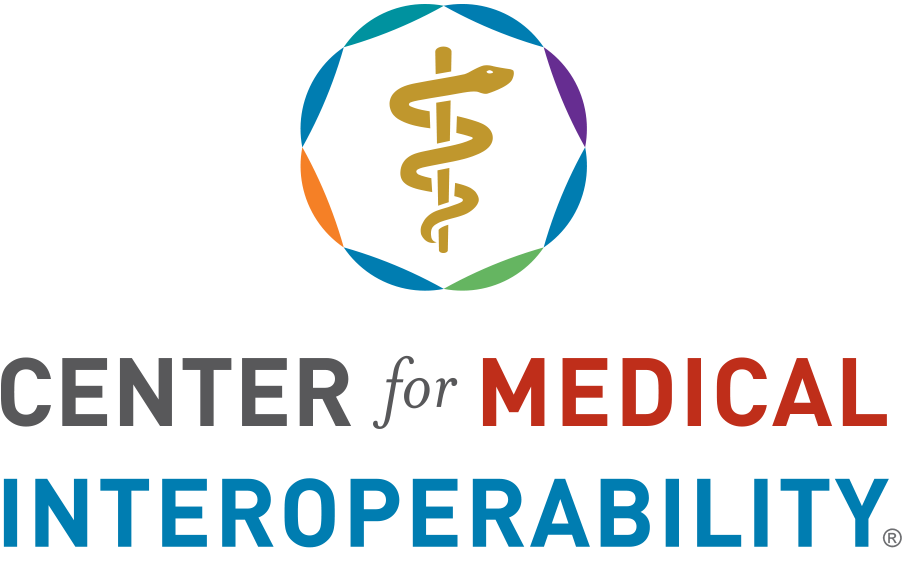Via Nashville Business Journal »
He’s got the hospitals on his side. He’s been courting the vendors. Now he’s ready to see what they can do together.
“He” is Ed Cantwell, CEO of the Center for Medical Interoperability, a new Nashville-based nonprofit that has brought together some of the industry’s biggest power players to improve the way health care technologies work together. Now that its Charlotte Avenue home is officially open for business, the center is ready to start pursuing its mission in a big way, Cantwell said.
“As of today we’ll go pretty visible,” Cantwell said, taking a break from chatting up a veritable who’s-who of Nashville’s health care industry during the center’s official grand opening April 6.
As I’ve written previously, interoperability — more specifically, the lack thereof — is one of the biggest issues facing Nashville’s health care community, and it’s one the leader of nearly all the area’s major players have joined together to solve. The center’s board includes the chief executives of HCA Holdings Inc., Community Health Systems Inc., LifePoint Health Inc. and Vanderbilt University Medical Center, among others. The board is chaired by Mike Schatzlein, formerly a top executive with Saint Thomas Health and its parent company, St. Louis-based Ascension.
Cantwell said the center’s board has identified its early priorities, and he and his team have begun to build connections with the technology companies creating the medial devices and software systems that need to communicate more seamlessly. Getting those tech vendors and the providers to work on solving this problem is a bit like a “game of chess,” Cantwell said, but right now “everybody’s behaving pretty well.”
“I don’t think any vendor in health care feels good about the next 10 years,” Cantwell said, which means those vendors are willing to work with providers on establishing and abiding by standards in the health-technology industry.
Cantwell is also passionate about working with Nashville and its leaders to promote “person-centered connected health,” which involves individuals taking ownership of their health records in a way that makes it easier for them to move from provider to provider without vital information being lost. That sort of “personal longitudinal health record” is a key step toward true interoperability, he said. If Nashville can master that and related issues, Cantwell argues, the city can truly claim its place as a capital of health care’s future.
“This is really the cause that answers the Brookings Institution challenge,” Cantwell said, referring to a recent report suggesting Nashville isn’t doing everything it could to capitalize on opportunities for health-technology dominance.
Look for more coverage on interoperability on NashvilleBusinessJournal.com next week, when a panel of leaders in the industry, including HCA Holdings Inc. CEO Milton Johnson, will gather to talk about the challenges and opportunity in the space.
